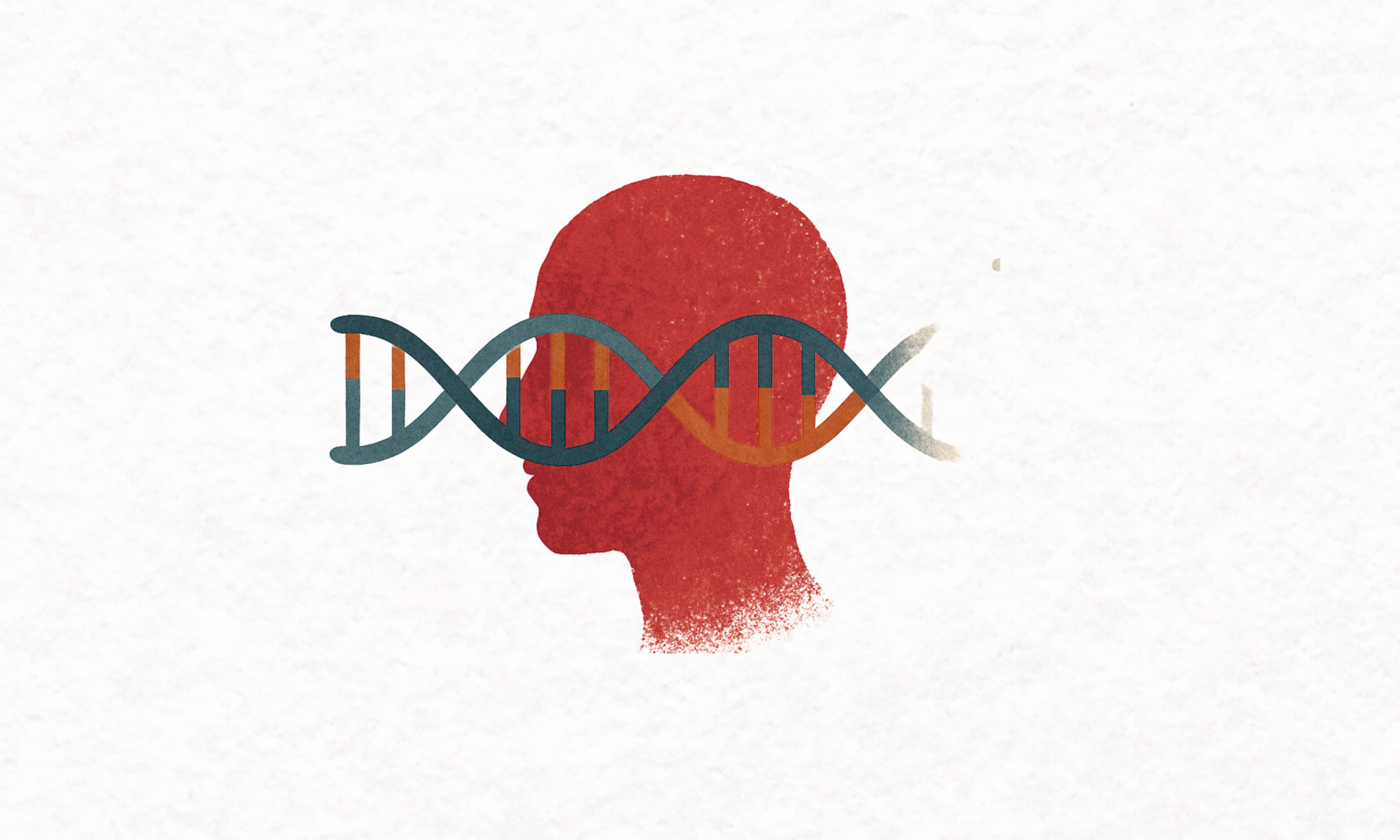
Migration from a Psychosocial Perspective
The socio-economic effects resulting from civil wars, terror attacks, natural disasters, climate change, and regional instability accelerate both forced and voluntary migration worldwide (Meladze, 2022). Migration fosters economic growth, adjusts labor markets, and enhances social interactions. Nonetheless, there is a growing tendency to perceive migrants as an inconvenience. Migration, from a psychosocial perspective, entails understanding the complex interplay between individual psychological experiences and the larger social context in which these experiences occur, taking into account migrants' mental health, identity, social networks, and community integration, as well as the societal attitudes, policies, and practices that influence their lives. To comprehend this, it is required to investigate migration deeply from a psychosocial perspective, beginning with the psychological impact of migration and continuing to the societal consequences and factors that may be used to minimize the adverse effects before concluding with recommendations for adaptable migration as a result of analyzing migration from a psychosocial perspective.
Psychological Impacts of Migration
Forced migration can significantly affect children's mental health and familial connections in both the short and long term. Migrants may experience a variety of stressors, including separation from family, loss of social status, language barriers, discrimination, and uncertainty about their future. These stressors can increase the likelihood of mental health concerns like anxiety, depression, and post-traumatic stress disorder (PTSD), which can be treated with psychosocial intervention methods (Tonkuş & Kalın, 2022). It is crucial to understand these issues and provide culturally relevant mental health support services. However, despite the hurdles, many migrants show incredible resilience and develop excellent coping strategies to help them manage their new lives. Understanding the variables that promote resilience, such as a strong sense of community, positive social relationships, and access to resources, can help to shape supportive behaviors and policies (Valtolina & Barachetti, 2020).
Social Impacts of Migration
Migration involves navigating between distinct cultural identities, as well as the process of acculturation, in which people adjust to a new culture while retaining characteristics of their old culture. This process can impact one’s self-identity, family dynamics, and community connections, potentially resulting in stress or psychological growth, depending on the individual's experiences and resilience. Migrants' psychological well-being relies heavily on their social support networks. These networks offer emotional support, practical assistance, and a sense of belonging. However, migrants struggle to reestablish these networks in a new country, which can be a significant source of stress and isolation. Experiences with prejudice and social isolation can have a significant impact on migrants' psychological well-being, causing feelings of marginalization and low self-esteem and impeding proper integration into the host society (Boland, 2020). Thus, addressing these difficulties necessitates individual support and more extensive societal measures to promote inclusivity and eliminate discrimination.
Maintaining transnational linkages, or connections with one's home country, is essential for psychosocial adjustment for migrants. These connections can provide emotional support, a sense of belonging, and practical advantages. However, they can also provide difficulties, such as the stress of managing long-distance family relationships. On the other hand, international migration also promotes innovation, the business climate, patents, and economic growth while enhancing ethnic and cultural variety; nonetheless, it may influence the consumer price index, competition, unemployment, and public budgets. Moreover, adolescents of migrants display a hybrid identity that combines religious, cultural, and ethnic components with a connection to their new homeland. They negotiate their sense of inclusion and belonging through a variety of cultural practices (Kóczán et al., 2021).
Factors for Handling Migration Challenges
Policy and institutional support are essential in determining the psychosocial experiences of migrants. Policies that encourage access to education, employment, health care, and legal services can significantly reduce stress and improve overall well-being. Conversely, restrictive policies can exacerbate vulnerabilities and limit integration. Hence, handling migration issues requires considering a wide range of elements, both individual and societal, including:
- Effective policy and legal frameworks, including legislation on immigration, asylum, refugee resettlement, and adaptation, are critical for addressing migration issues. Transparent and equitable policies can help respect migrants' rights while addressing security issues.
- Migrants' well-being and integration depend on meeting their fundamental requirements, which include food, shelter, healthcare, and education. Access to these services helps migrants maintain their dignity and contribute to society.
- Cultural competence significantly increases the efficiency of psychological and social support services for migrants. This includes recognizing migrants' cultural backgrounds, honoring their unique experiences, and offering services that are accessible and relevant to their needs.
- Promoting social integration entails facilitating relationships between migrants and the host community. Language and cultural orientation programs, community events, and projects promoting intercultural understanding and acceptance are such examples.
- Access to jobs and economic opportunities is critical for migrants seeking to establish sustainable livelihoods and contribute to their new communities. Policies and programs that encourage migrants' skill development, job placement, and entrepreneurship can assist them in overcoming economic obstacles.
- Investing in migrants' education and skill development, including language training and vocational programs, improves their ability to adapt to their new surroundings and participate in the labor market.
- Providing psychosocial support services is critical to improving migrants' mental health and well-being. This includes counseling, trauma-focused rehabilitation, and support groups to assist migrants in coping with the stressors of migration and displacement.
- Engaging local communities in migration management promotes understanding, empathy, and collaboration. Volunteer programs and cultural exchange events are examples of community-based initiatives that can assist migrants and host communities connect.
- Women, children, the elderly, and persons with disabilities should all be protected. This includes guaranteeing their safety, providing access to necessary resources, and protecting them from exploitation and abuse.
- Countries of origin must address migration difficulties, including tackling the underlying causes of migration, such as violence, poverty, and environmental degradation.
If policymakers, practitioners, and communities work together to address these elements comprehensively, they can effectively manage migration difficulties and establish inclusive and welcoming cultures for migrants. As migrants in the host country, migrants must ensure flexible movement while accepting responsibility for their integration, which includes identifying both cultures. They should remember the importance of embracing their heritage culture while avoiding assimilation or separation from the host culture.
Recommendations for Adaptable Migration
Adaptable migration (Kononov & Ledeneva, 2021) refers to the ability of migrants to adjust to a new nation and conditions successfully, with an understanding of the host country's legal system, culture, language, and resource accessibility. It is highly recommended to ensure that migrants have the means to access advocacy and legal assistance services to help them navigate immigration procedures, resolve legal concerns, and advocate for their rights. Through legal empowerment, migrants can assert their rights and obtain justice when necessary. Focusing on language proficiency, which is required to access education, jobs, and social services, can help migrants find meaningful jobs and contribute to the local economy, giving them a greater sense of belonging and self-sufficiency.
It is crucial to acknowledge the importance of social support networks for migrants, such as peer groups, community organizations, and religious or cultural institutions, which is essential for adaptable migration. These social relationships offer emotional support, practical help, and opportunities for social integration. It is also important to ensure that all migrants, regardless of immigration status, access high-quality education and healthcare services. Education allows migrants to gain new skills and possibilities for social mobility, while healthcare improves their physical and emotional health.
Migrants locate safe and affordable homes and establish livelihood prospects, where they must have stable accommodation and income to integrate into their new communities and establish a long-lasting future. Creating linkages between migrants and host communities promotes mutual understanding, empathy, and social cohesiveness. Therefore, it is recommended that relationships between migrants and the host community be facilitated by organizing community engagement activities, cultural exchange programs, and volunteer opportunities.
In general, it is critical to prioritize providing mental health services to foster resilience and facilitate effective adjustment to new surroundings. A psychosocial perspective on migration emphasizes the importance of considering the internal psychological processes and the external social environment in understanding migrants' experiences. It highlights the need for a holistic support approach that addresses individual and systemic factors.
References
Boland, C. (2020). Hybrid identity and practices to negotiate belonging: Madrid’s Muslim youth of migrant origin. Comparative Migration Studies, 8. https://doi.org/10.1186/s40878-020-00185-2
Kóczán, Z., Peri, G., Pinat, M., & Rozhkov, D. (2021). The impact of international migration on inclusive growth: A review. IMF Working Papers. https://doi.org/10.5089/9781513571966.001
Kononov, L., & Ledeneva, V. (2021). Adaptation and integration of international migrants: Theoretical and methodological problems. World Economy and International Relations, 65, 103-112. https://doi.org/10.20542/0131-2227-2021-65-4-103-112
Meladze, E. (2022). Migration and globalization in the context of a new world. Journal in Humanities. https://doi.org/10.31578/hum.v11i2.502
Tonkuş, M., & Kalın, Z. (2022). Migration, how does it affect mental health? Hakkari Review. https://doi.org/10.31457/hr.1073528
Valtolina, G., & Barachetti, P. (2020). Religious Belonging and (Forced) Migration: A Study on Migrant Coptic Minors in Italy. Migrants and Religion: Paths, Issues, and Lenses. https://doi.org/10.1163/9789004429604_021
Dujana Baroudi
Dujana Baroudi is a clinical psychologist specializing in post-traumatic growth, with a Master's degree in Educational Psychology and a second Master's degree in Psychotherapy from Denmark. She is the MHPSS Programme Manager at Ataa Relief, a humanit...
 Dujana Baroudi
Dujana Baroudi








